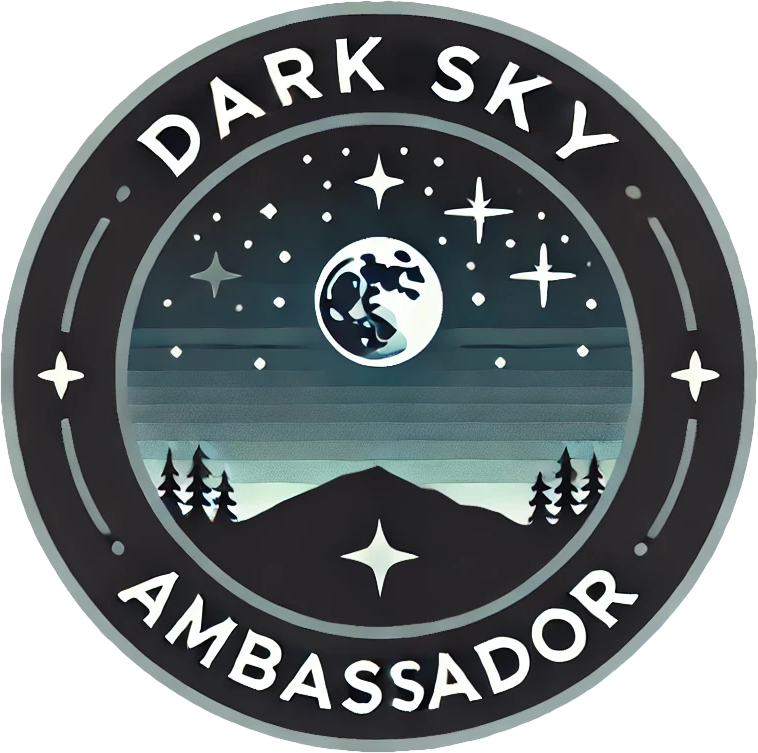Reclaiming the Night: Why Light Pollution Matters More Than Ever
As we mark International Dark Sky Week from April 21st to April 25th, it’s the perfect time to pause and look up—to see not just the stars, but the problem that’s dimming them.
Light pollution is often overlooked in conversations about environmental impact, but its effects are widespread. From disrupting ecosystems and wildlife behavior to degrading human health and washing out the night sky, artificial light at night is a growing concern. And unlike many other forms of pollution, light pollution is completely reversible.
What Is Light Pollution?
Light pollution is the inappropriate or excessive use of artificial light. It includes glare (excessive brightness), skyglow (the brightening of the night sky over populated areas), light trespass (unwanted light entering one’s property), and clutter (confusing groupings of lights). All of these forms obscure our view of the stars and natural night sky.
Why It Matters
• Human Health: Exposure to artificial light at night disrupts our circadian rhythms, impacting sleep and increasing risks for various health conditions, including obesity, depression, and even certain cancers.
• Wildlife & Ecosystems: Many species rely on natural darkness to navigate, reproduce, and survive. Birds migrate using stars, sea turtles hatch under moonlight, and insects are disoriented by bright lights.
• Climate & Energy Waste: Inefficient lighting wastes billions in energy costs and contributes to carbon emissions. According to some studies, roughly 30% of outdoor lighting is wasted—costing taxpayers and the planet.
• Cultural & Scientific Loss: Our ancestors lived under a blanket of stars. Today, entire generations grow up never seeing the Milky Way. For astronomers—professional and amateur alike—light pollution is a barrier to discovery and education.
What You Can Do
Reclaiming the night doesn’t mean turning off all lights—it means using light wisely:
• Shield outdoor lights and aim them downward.
• Use warmer color temperatures (under 3000K) to reduce blue light.
• Turn off lights when not needed, and use motion sensors where practical.
• Support local policies for responsible lighting and push for audits of public lighting systems.
Shining a Light on Solutions
As a Dark Sky Advocate, I believe protecting our night skies is not only a scientific imperative—it’s a cultural, environmental, and ethical one. At Sherwood Observatory, we’re working to educate the public, advise councils on best practices, and inspire communities to reconnect with the cosmos above.
This week, take a moment to step outside. Let your eyes adjust. Look up.
What you’ll see—or more importantly, what you don’t—might change the way you think about light forever.
Join us in celebrating Dark Sky Week. Together, let’s bring back the stars.


